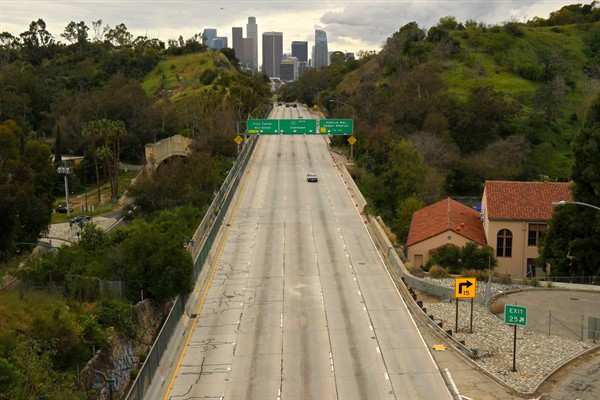As the world grapples with COVID-19, it cannot afford to ignore an even more serious global emergency that will persist long after the pandemic has passed: climate change. Last month, the United Nations issued a dire multiagency report warning that the world is “way off track” on its commitments to cut emissions under the Paris Agreement. Without dramatic and sustained emissions reductions, higher atmospheric and marine temperatures will bring more deadly heat waves, catastrophic storms, rising seas, food insecurity, health crises and mass displacement.
Although emissions have dropped sharply since January with the coronavirus pandemic virtually shutting down entire economies and most air travel, they are sure to surge again as the world economy roars back to life whenever the pandemic ends. Antonio Guterres, the U.N. secretary-general, put it bluntly: “We will not fight climate change with a virus.” Indeed, the pandemic will make progress against global warming even more elusive.
Nobody welcomes a pandemic that threatens to kill millions, infect hundreds of millions more and throw the world into economic depression. Still, the dramatic global response to COVID-19 has captured many environmentalists’ imaginations, by showing what a less polluted planet might look like and suggesting how the world might mobilize to fight climate change.

